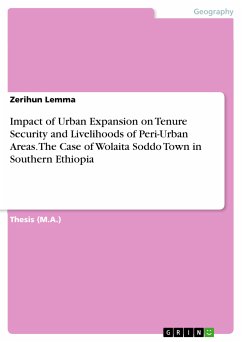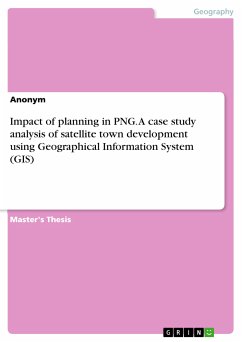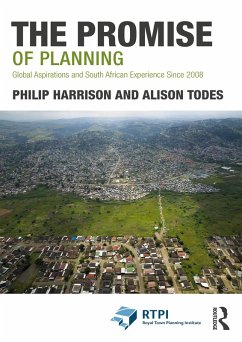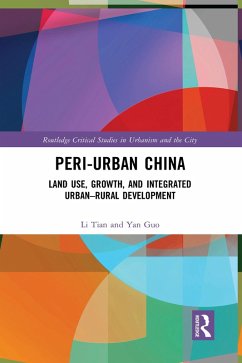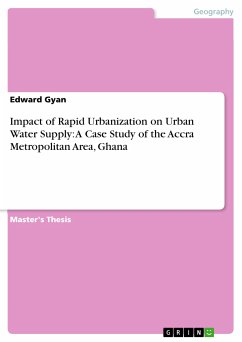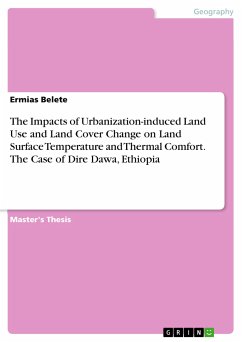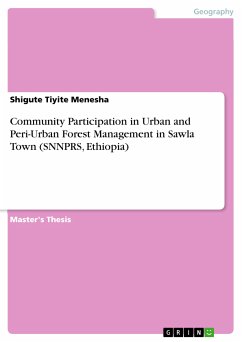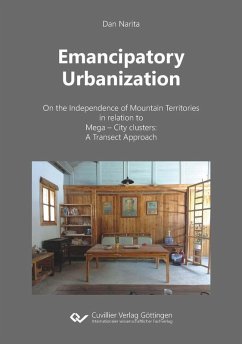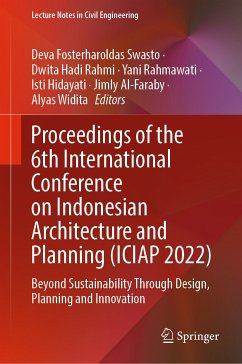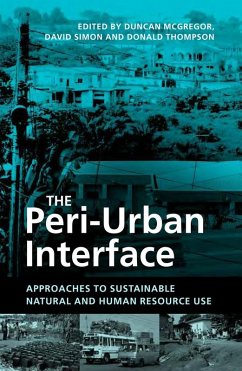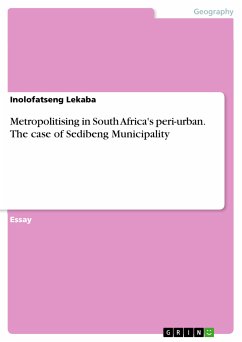
Metropolitising in South Africa's peri-urban. The case of Sedibeng Municipality (eBook, PDF)
Sofort per Download lieferbar
Statt: 17,95 €**
13,99 €
inkl. MwSt. und vom Verlag festgesetzt.
**Preis der gedruckten Ausgabe (Broschiertes Buch)
Alle Infos zum eBook verschenkenWeitere Ausgaben:

PAYBACK Punkte
0 °P sammeln!
Essay from the year 2016 in the subject Geography / Earth Science - Demographics, Urban Management, Planning, grade: 80%, , course: Planning Design, language: English, abstract: Metropolitising as a deliberate process of creating a metropolitan space from a nonmetropolitan city, town or even peri-urban space is often viewed as politically driven. In the global south, metropolitan cities are recipients of significantly larger spending budgets and metropolitan councils can thus wield more political power in the form of monetary power. In South Africa, the development trajectory of cities stems f...
Essay from the year 2016 in the subject Geography / Earth Science - Demographics, Urban Management, Planning, grade: 80%, , course: Planning Design, language: English, abstract: Metropolitising as a deliberate process of creating a metropolitan space from a nonmetropolitan city, town or even peri-urban space is often viewed as politically driven. In the global south, metropolitan cities are recipients of significantly larger spending budgets and metropolitan councils can thus wield more political power in the form of monetary power. In South Africa, the development trajectory of cities stems from political ideologies and policies of the political party with an outright majority. In this regard, metropolitising or the mere development of any area within the jurisdiction of a municipality is a political process. Similarly, regionalism is a political process that seeks to wield the most financial power through the amalgamation of different economic powerhouses to form a single economic, spatial and political superpower. In addition to the current politicising of metropolitan city development, historically, apartheid spatial planning was a political system of social engineering based on spatial segregation. The resultant space economy is that of heterogeneity and unequal benefaction from development processes. This spatial differentiation, including the complexities pertaining to economic and institutional systems, further complicates the process of metropolitising in South African cities. In this regard, this essay will critique the efforts of Sedibeng District Municipality in its metropolitising bid through examining its proposed scalar economic rescaling plans for the Vaal River City, while proposing institutional reforms that could aid its ambitions. The second section of this paper will highlight the limitations that hinder smaller cities' and towns' efforts to becoming metropolitan cities. These limitations stem from an unequal space economy that reproduces itself through ineffective policies and neoliberalisation of urban governance structures and systems.
Dieser Download kann aus rechtlichen Gründen nur mit Rechnungsadresse in A, B, BG, CY, CZ, D, DK, EW, E, FIN, F, GR, HR, H, IRL, I, LT, L, LR, M, NL, PL, P, R, S, SLO, SK ausgeliefert werden.




